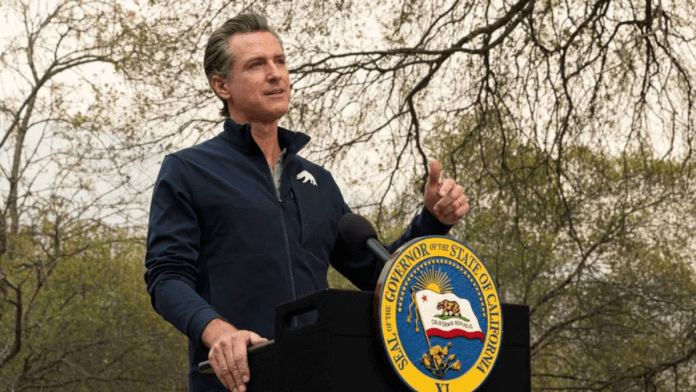🕒 Last updated on September 12, 2025
At the beginning of the year, environmental justice groups were celebrating. They had managed to push back against oil companies on several fronts.
From big victories to sudden setbacks
One of their biggest wins came when voters rejected an oil industry effort to overturn a law that limited how close new oil wells could be drilled near homes, schools, and hospitals. That victory gave activists confidence that they could go even further.
Their next big push was to hold oil companies financially responsible for climate damages. They believed the time had finally come to make the industry pay for decades of pollution and harm. Campaigners even felt supported by state leaders who had spent years criticizing oil companies for driving up gas prices.
But within months, the mood changed. Environmental groups soon found themselves scrambling to block a new bill, SB 237, which would allow faster approval for new drilling projects in Kern County. The bill was supported by the governor and top lawmakers. Suddenly, activists who thought they were setting the agenda were now fighting to stop what looked like a major win for the oil industry.
Newsom cracks down on idle oil pipelines years after Santa Barbara’s devastating spill
Why the tide turned in Sacramento
The shift did not happen overnight. Trouble started when oil companies announced they would be shutting down two of the state’s nine refineries. One of those closures was in the Bay Area. That move immediately changed the conversation in the Capitol. Lawmakers feared that fewer refineries would mean higher gas prices.
For many Democrats, the issue of affordability has become politically urgent. With elections approaching, no one wants to be blamed for rising gas prices. Supporting a bill that promises to keep supply steady—even if it means more drilling—suddenly felt safer than sticking with environmental groups.
Even long-time progressive voices in the Legislature, who once sided strongly with environmental justice groups, began to shift their tone. They argued that Kern County should be allowed to move forward with drilling approvals. The pressure was intense. With the governor, the Assembly speaker, and the Senate President all backing the bill, the vote count already looked locked in. Activists knew the chances of stopping it were slim.
This was a dramatic turnaround from just a few months earlier, when those same lawmakers were applauding strong action against Big Oil. The refinery closure announcements had flipped the political script. Campaign slogans about clean energy and accountability were suddenly weighed against the immediate risk of rising fuel costs.
Newsom delays oil profit penalties until 2030 drawing fire from consumer watchdogs
Protests, frustration, and a tough reality
Environmental groups did not back down quietly. They staged protests at the Capitol, building model oil derricks on the lawn to make their point. High-profile campaigns, including ones supported by celebrities, publicly called out the governor and lawmakers for siding with the oil industry. Activists argued that California was putting communities at risk by giving more room for drilling instead of tightening protections.
Still, their objections did not change the momentum. The bill’s supporters said it struck a balance by also adding new oversight for offshore pipelines, a response to past oil spills. That gave lawmakers more reason to say they were acting responsibly, not just giving in to oil companies.
Meanwhile, many of the environmental groups felt betrayed. They had praised state leaders in recent years for standing up to the oil industry, only to see them now endorse a measure that made it easier to drill. The mood turned from hopeful to bitter.
Some activists admitted that the power of affordability politics had overwhelmed their messaging. The fight to protect communities from pollution was being overshadowed by concerns about gas prices. Organizers in the Central Valley, where much of the drilling takes place, said they would need to rethink how to reach lawmakers and voters.
Supreme Court lifts limits on Trump’s immigration raids, sparking outrage in California
The clash showed just how quickly momentum can shift in state politics. Environmental groups that had been on a winning streak are now left reeling, trying to regroup while a powerful coalition of industry and political leaders pushes drilling forward.

